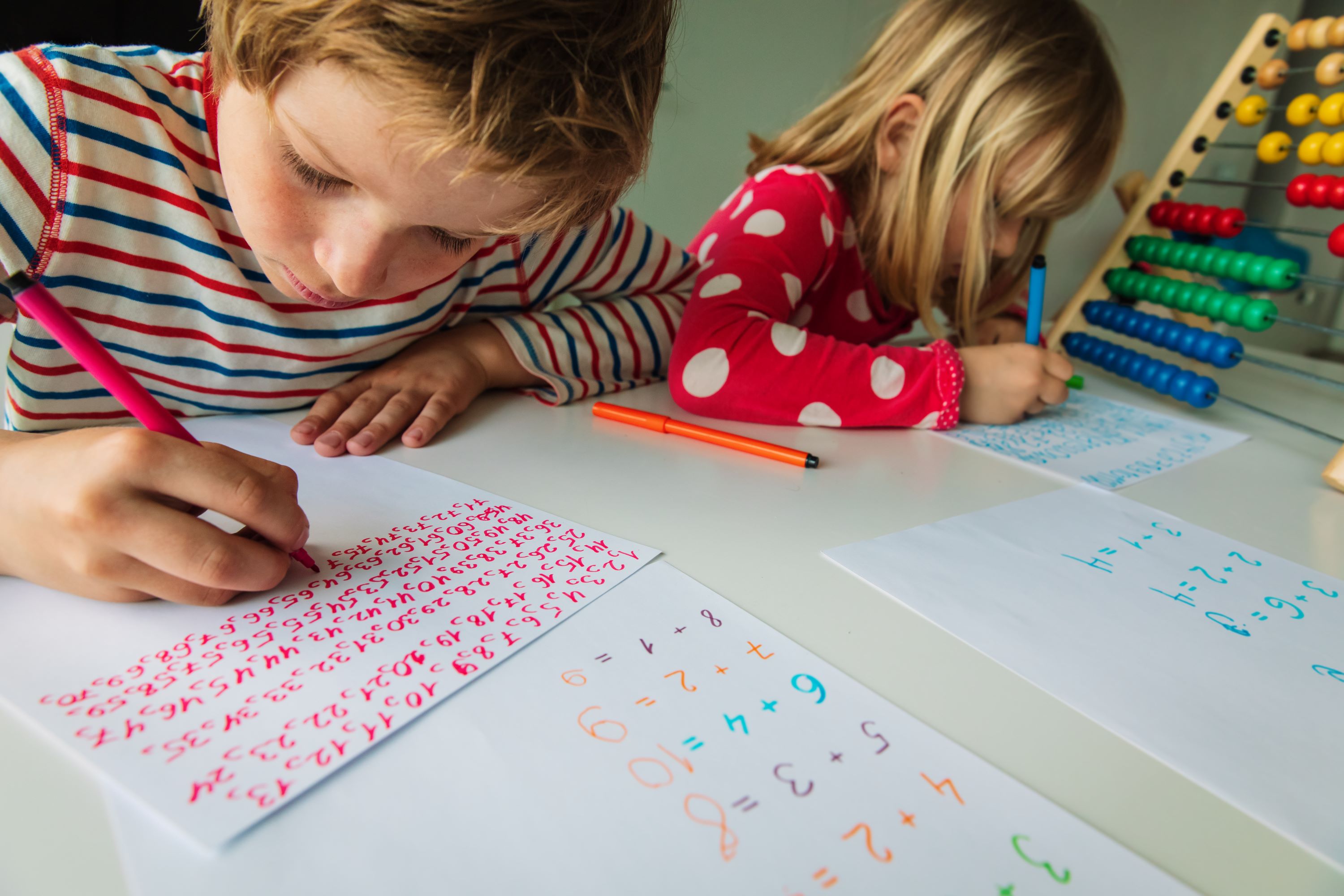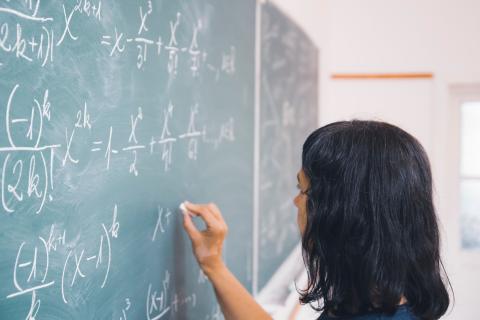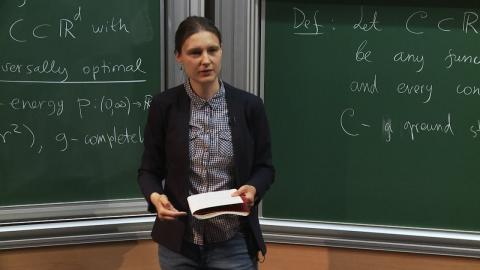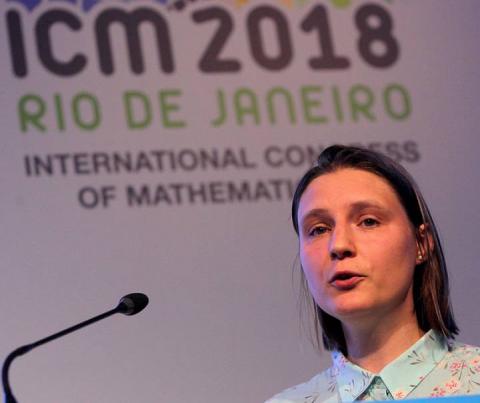The gender gap in mathematics appears in the first year of primary school
A study evaluating the mathematical and linguistic performance of first- and second-year primary school students in France—more than 2.6 million children between 2018 and 2022—shows that the gender gap in mathematics appears within a few months of starting primary school. This gap increases with years of schooling, not with age, adds the research published in Nature.

Marta Macho - brecha género mates EN
Marta Macho-Stadler
Full Professor of the Department of Mathematics at the University of the Basque Country (UPV/EHU)
This study is in line with previous analyses, conducted from different perspectives, which evaluate both the mathematical abilities of girls and boys in different age ranges and the stereotypes associated with STEAM subjects (science, technology, engineering, arts and mathematics).
I would highlight three key ideas in this article that I believe are particularly important for breaking down deeply rooted beliefs that cause gender gaps in mathematics.
- It is estimated that around the age of six (coinciding with the start of schooling) is when gaps in STEAM subjects begin to become noticeable. As in previous studies, this research suggests that interventions to eliminate stereotypes about skills and abilities in science and technology should begin around this age. Initiatives at later stages would be ineffective.
- Girls' and boys' mathematical skills are similar, thus refuting deep-rooted beliefs that attribute different abilities to each depending on whether mathematical tasks are linked to calculation or spatial vision.
- Competitive pressure affects girls and boys differently. A previous study conducted in a two-stage maths competition in Spain would indicate (as also mentioned in this article with regard to French students) that the motivations and performance of boys and girls may differ in competitive environments. In addition, expectations from the family and teaching environment may push girls to limit themselves and perform worse than boys in this type of test.
I find the recommendations made following the study very interesting, as they call for training (in mathematics and teaching) for primary school teachers. It is important to understand how teachers' behaviour in the classroom influences the way girls and boys perceive their own mathematical abilities. In the particular case of girls, teaching practices laden with stereotypes can lead them to self-limit. According to the study, teachers' (and families') anxiety about maths is easily transmitted, especially to girls. A diverse teaching staff could help to naturally provide both boys and girls with female role models and break down established stereotypes.
Jodie Hunter - brecha mates EN
Jodie Hunter
Researcher at the Institute of Education of Massey University (New Zealand)
This study supports what earlier research has shown about something called ‘brilliance bias’, the idea that doing well in subjects like mathematics, physics and other sciences is about having natural talent or being innately brilliant. What is interesting is that younger children often believe their own gender or group is the smartest at these subjects, but as they get older and move through schooling this begins to change. They begin to associate success in mathematics and science subjects with certain groups, unfortunately, those groups often don’t include girls or students from marginalised communities.
It would be beneficial to see further research that looks at how we can support teachers and students to see everyone as capable of doing mathematics.
P. Martinot et al.
- Research article
- Peer reviewed
- People



